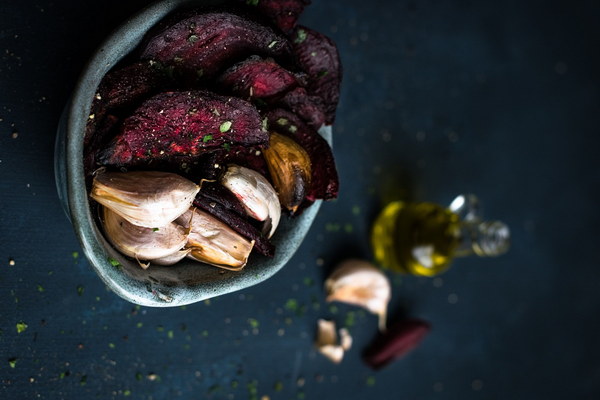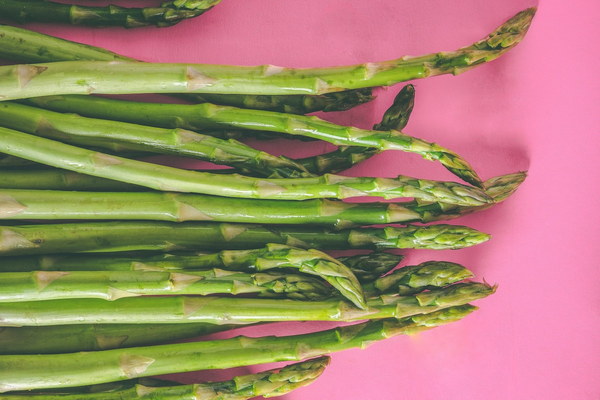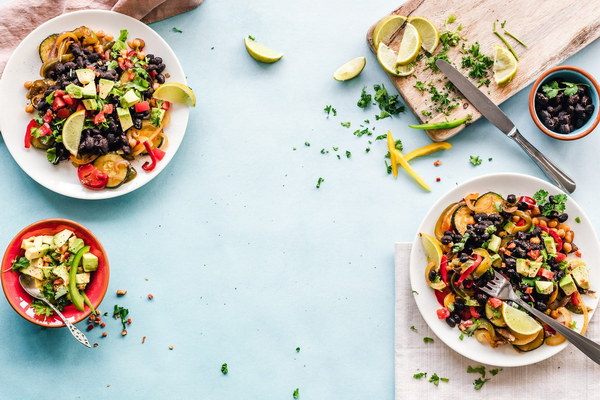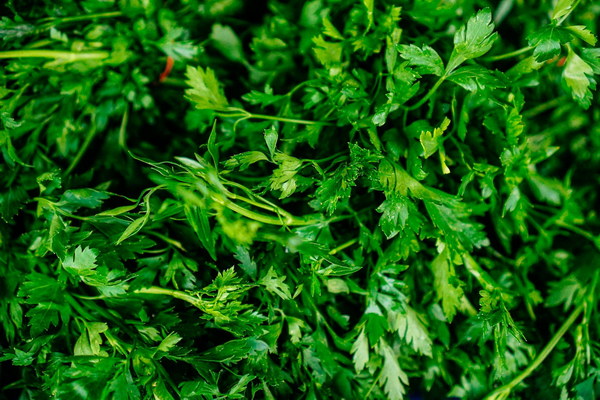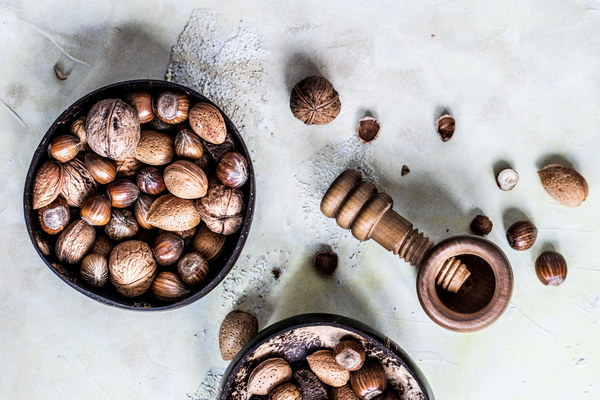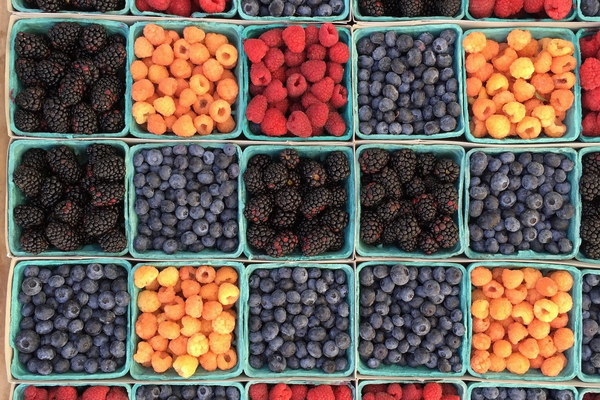Postpartum Nutrition A Guide to Replenishing Your Body After Natural Birth
After the exhausting journey of childbirth, it's crucial to focus on postpartum nutrition to aid in the recovery process and ensure you are well-nourished for the demands of motherhood. This article will guide you through the essential nutrients you need and provide tips on how to incorporate them into your diet post-natural birth.
1. Protein
Protein is essential for tissue repair, muscle strength, and milk production. Aim to consume around 70-100 grams of protein daily. Good sources include lean meats, poultry, fish, eggs, dairy products, legumes, nuts, and seeds. For a vegetarian or vegan diet, ensure you're getting enough plant-based protein sources such as lentils, tofu, tempeh, and seitan.
2. Iron
Iron is vital for preventing anemia, which can cause fatigue and weakness. Postpartum women require extra iron to compensate for blood loss during childbirth. Incorporate iron-rich foods like red meat, poultry, fish, beans, lentils, tofu, and fortified cereals into your diet. To enhance iron absorption, pair these foods with vitamin C-rich foods, such as oranges, strawberries, bell peppers, and tomatoes.
3. Calcium
Calcium is crucial for bone health and helps in the production of breast milk. Aim to consume 1,000 milligrams of calcium per day. Excellent sources include dairy products such as milk, yogurt, and cheese. If you're lactose intolerant or prefer non-dairy options, consider fortified plant-based milks, tofu, and leafy greens like kale and spinach.
4. Folic Acid
Folic acid is vital for the production of red blood cells and helps prevent neural tube defects in the developing fetus. It's especially important to continue taking folic acid after childbirth to support the growth of new blood cells. Good sources of folic acid include leafy greens, fortified cereals, legumes, and citrus fruits. The recommended daily intake is 400-800 micrograms.
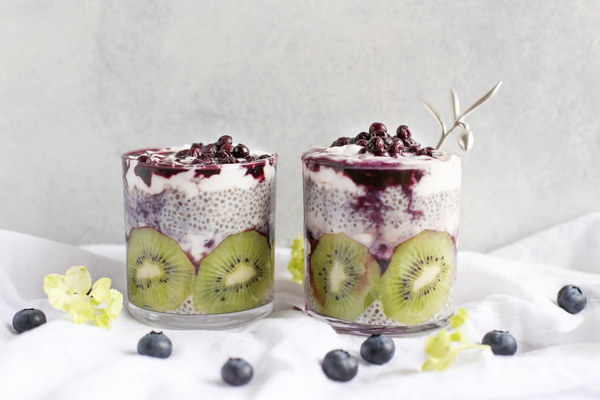
5. Vitamin D
Vitamin D is essential for bone health, immune function, and the absorption of calcium. It can be challenging to get enough vitamin D from diet alone, so consider taking a supplement. Excellent food sources include fatty fish (such as salmon, mackerel, and tuna), fish liver oils, egg yolks, and fortified foods like milk and orange juice.
6. Omega-3 Fatty Acids
Omega-3 fatty acids are crucial for brain development and reducing inflammation. Aim to consume 200-300 milligrams of DHA and EPA per day. Sources include fatty fish, flaxseeds, chia seeds, walnuts, and algae-based supplements.
7. Hydration
Staying hydrated is essential for overall health, milk production, and recovery. Aim to drink at least 8-10 glasses of water per day. If you're breastfeeding, you may need even more water to support milk production.
8. Rest and Relaxation
While nutrition is crucial, don't forget to prioritize rest and relaxation. Give yourself permission to rest, and don't hesitate to seek help from friends and family when needed.
In conclusion, postpartum nutrition is essential for a healthy recovery and well-being. By focusing on the right nutrients and incorporating them into your diet, you can ensure that your body gets the support it needs to heal and thrive. Remember to consult with your healthcare provider for personalized advice and to address any dietary concerns or restrictions.
